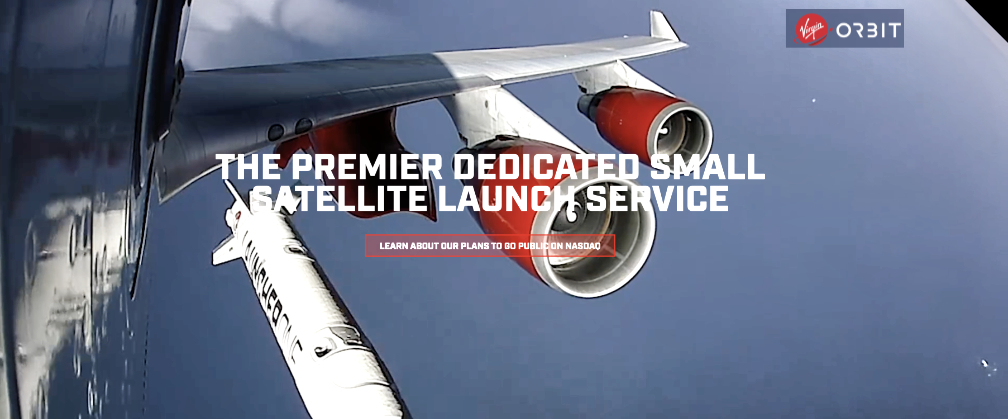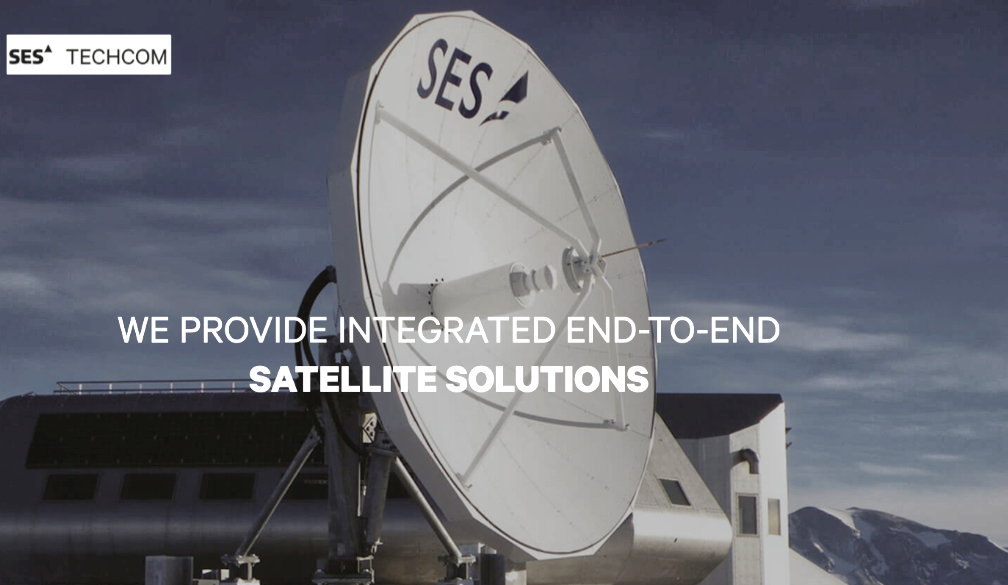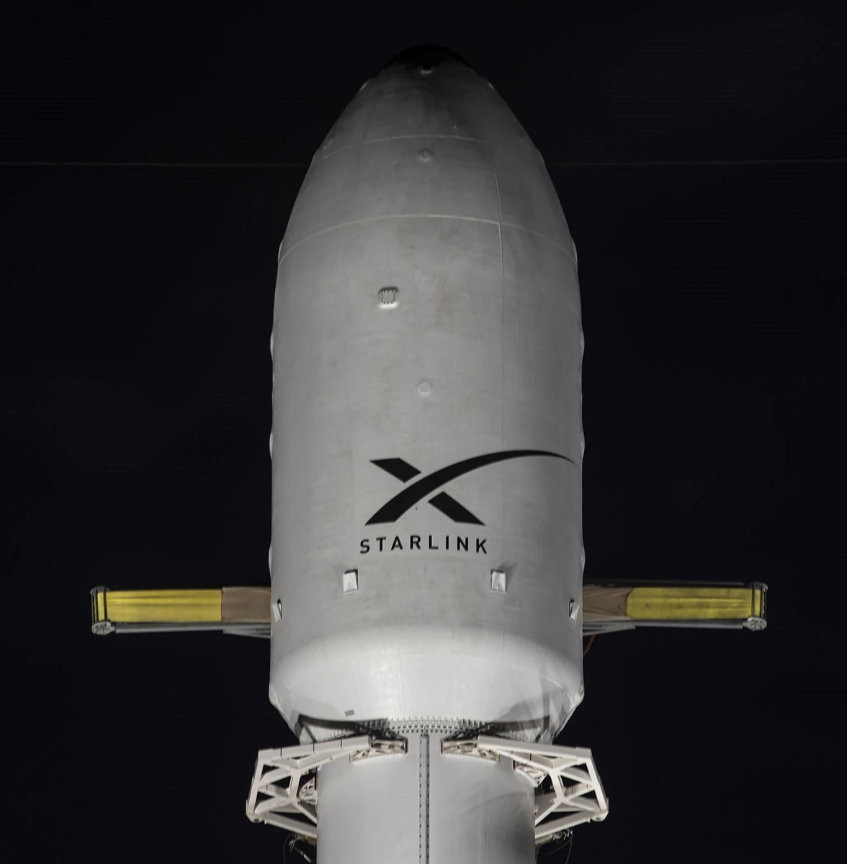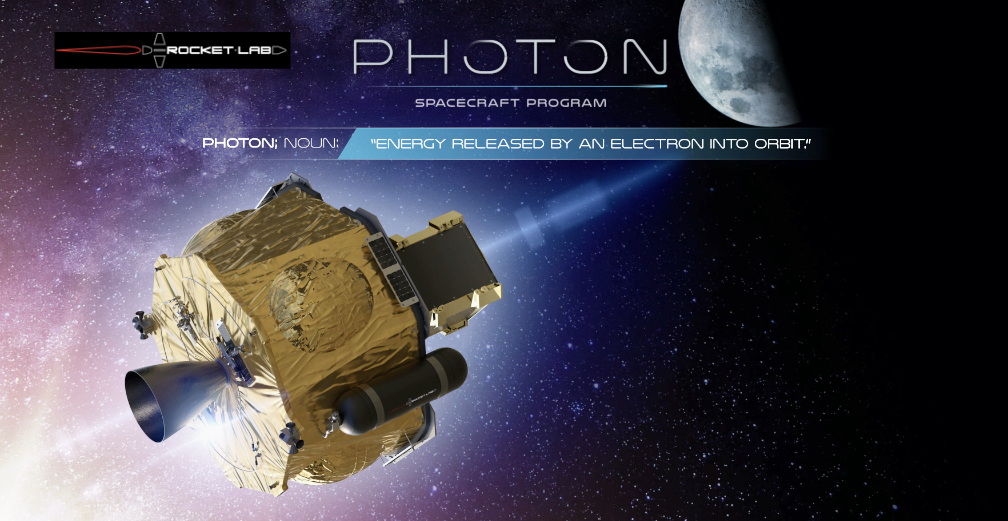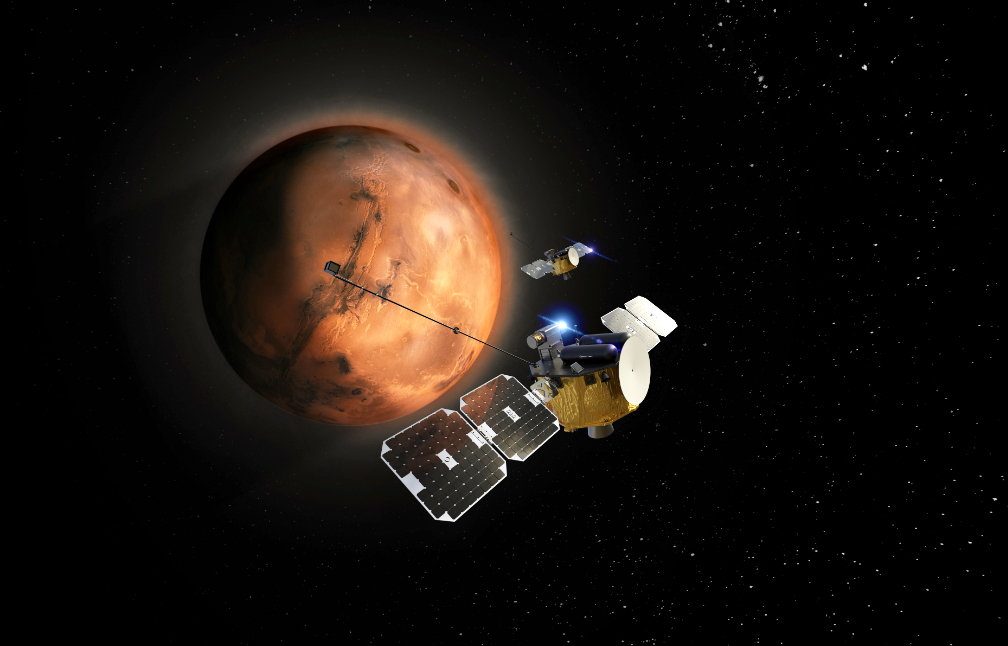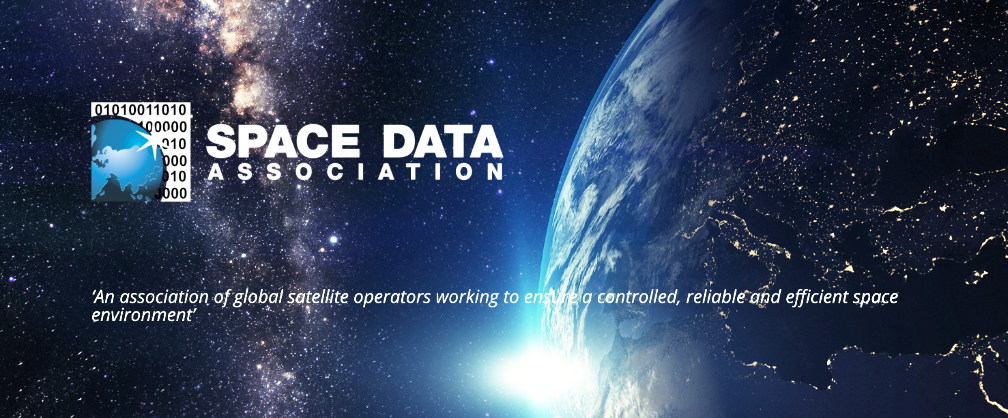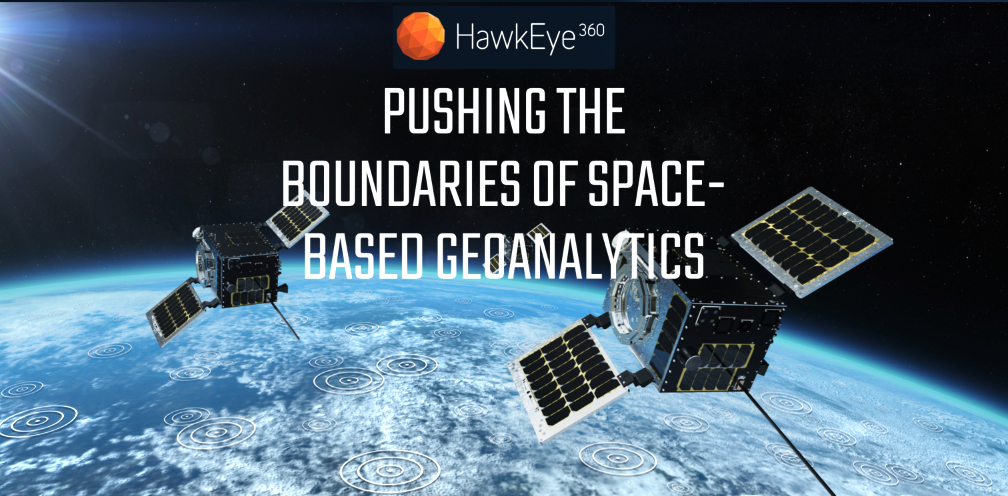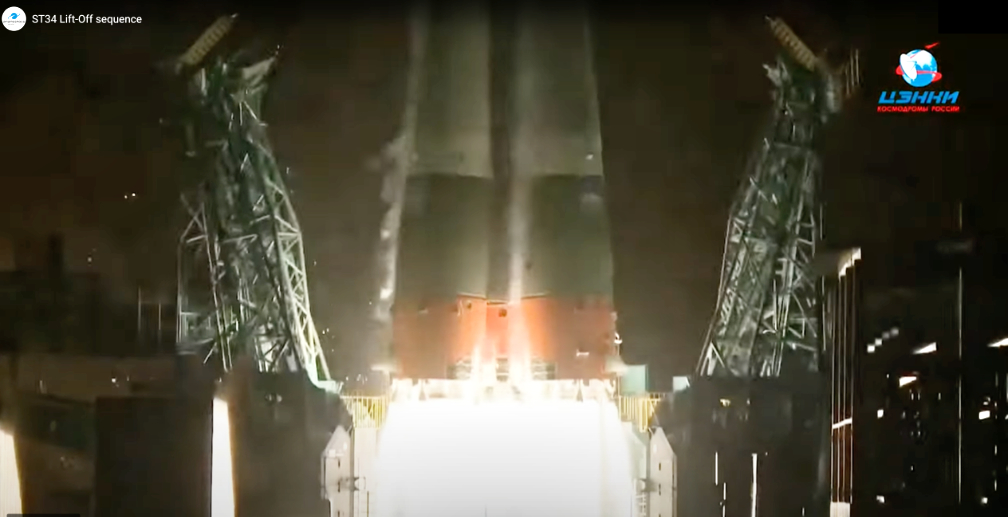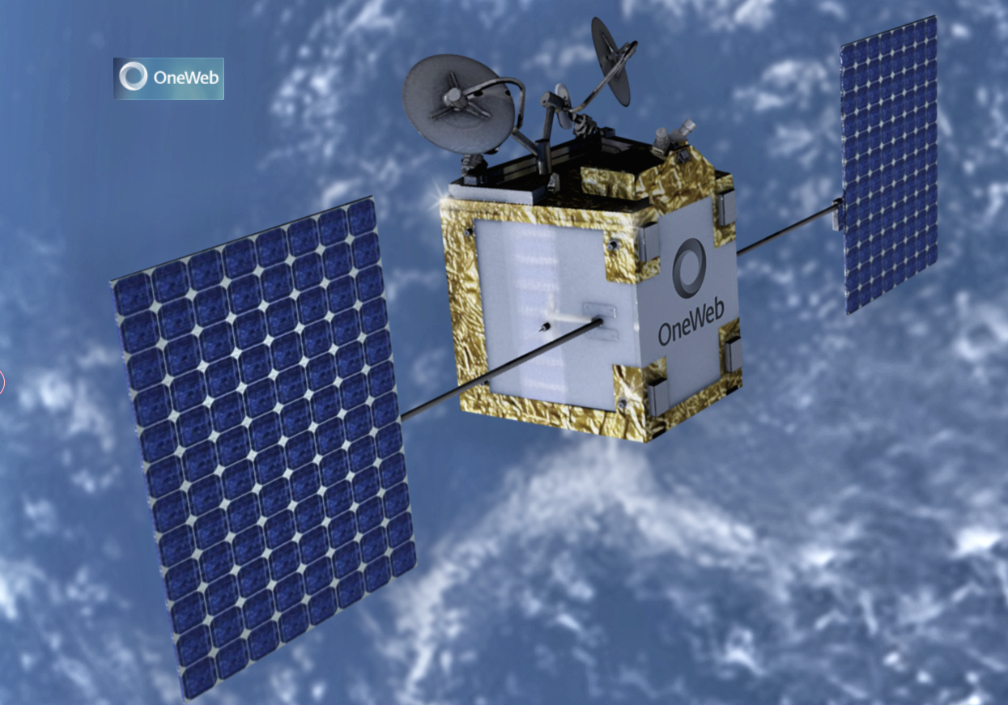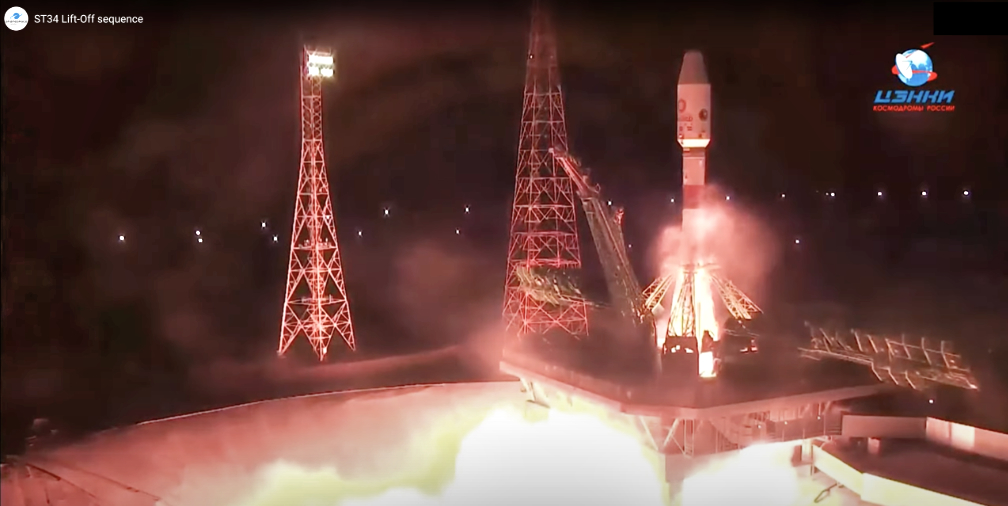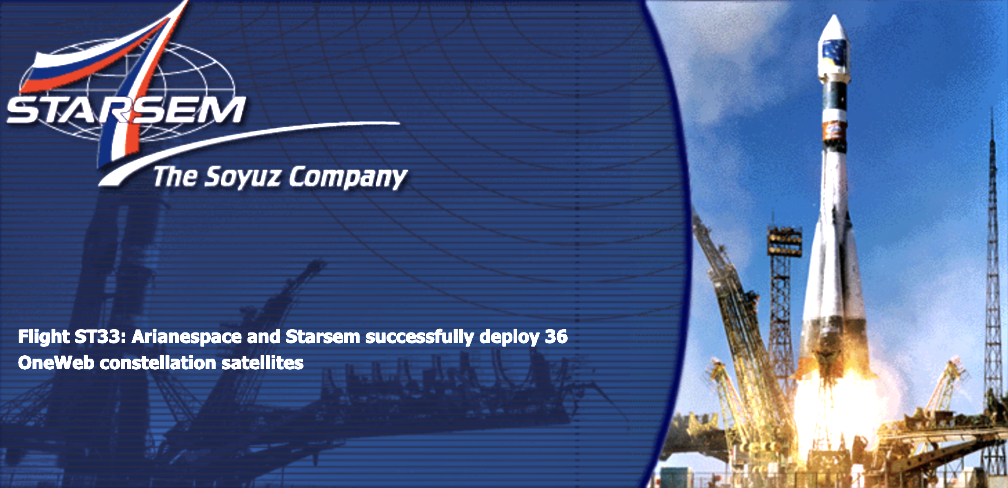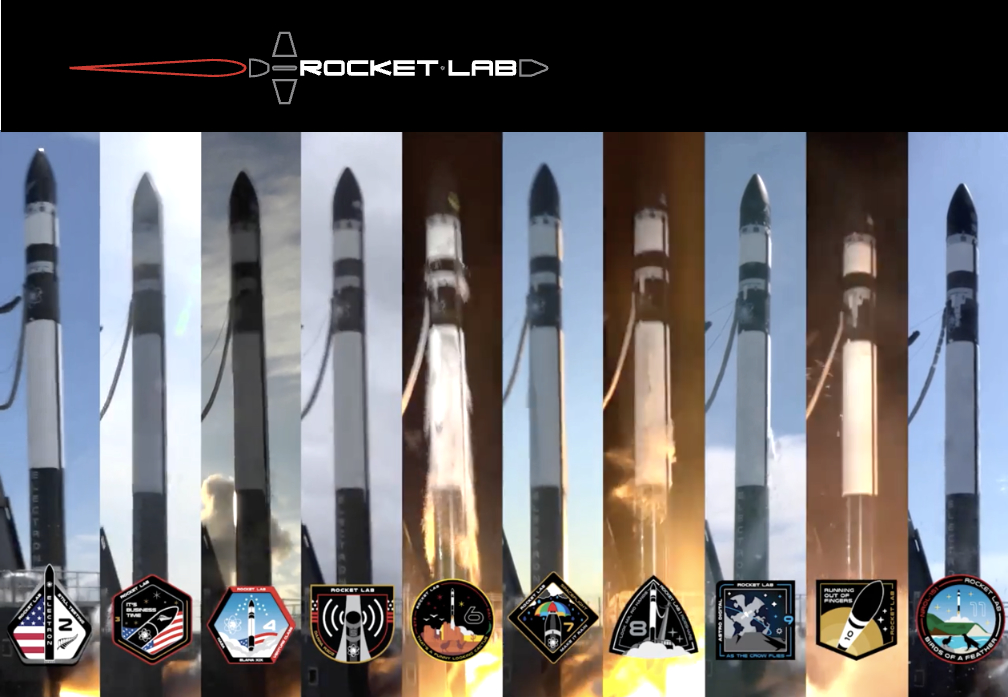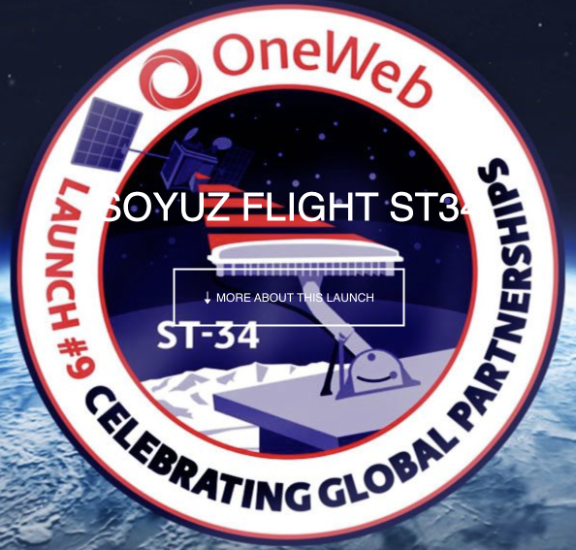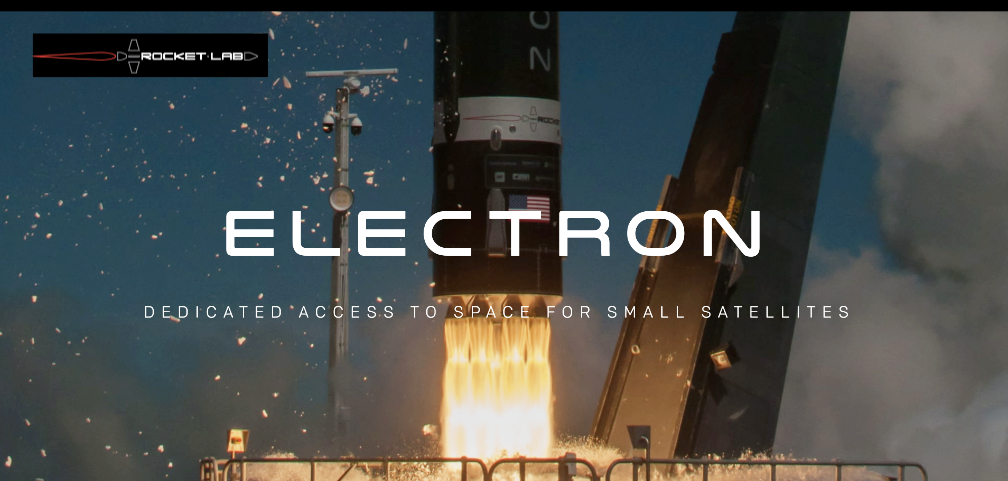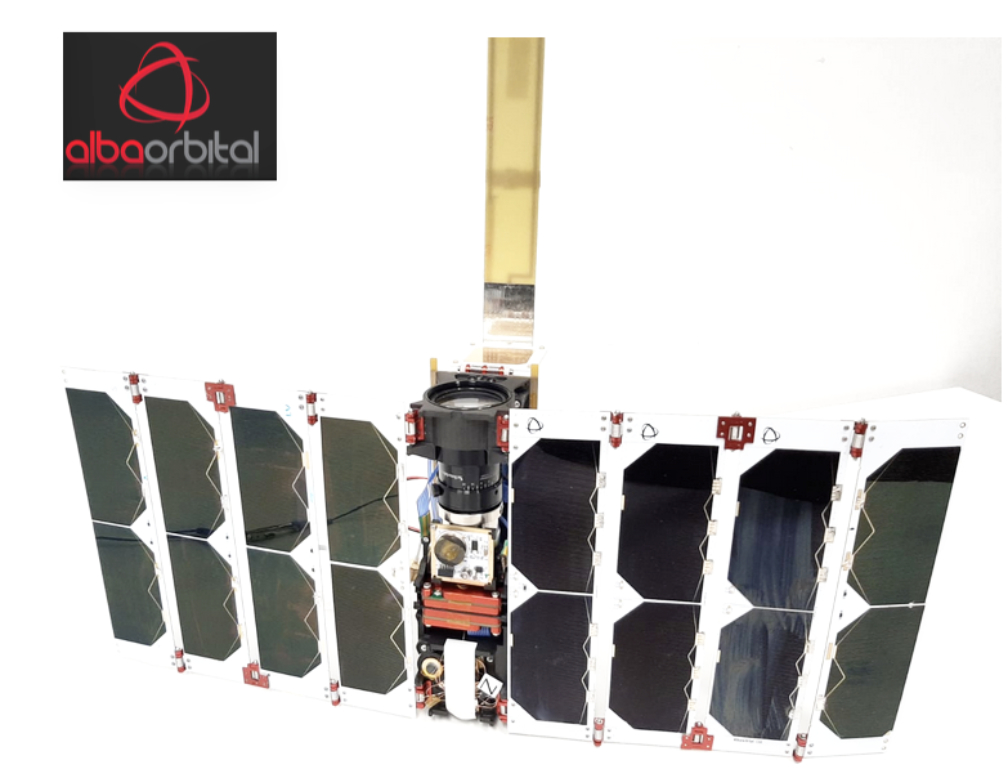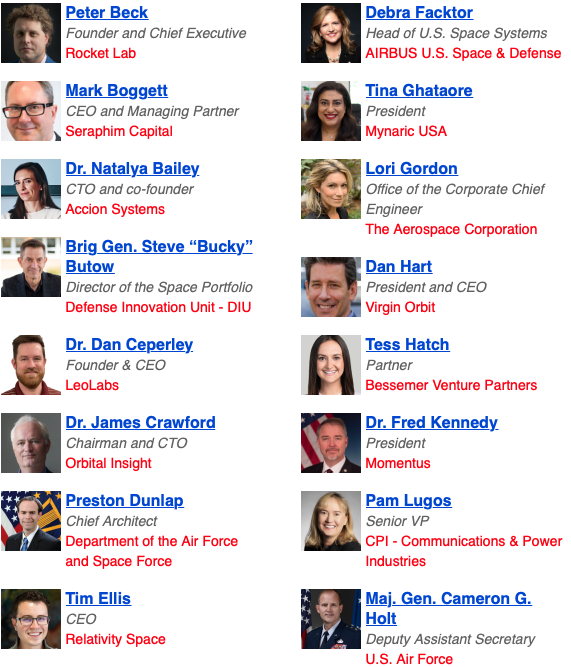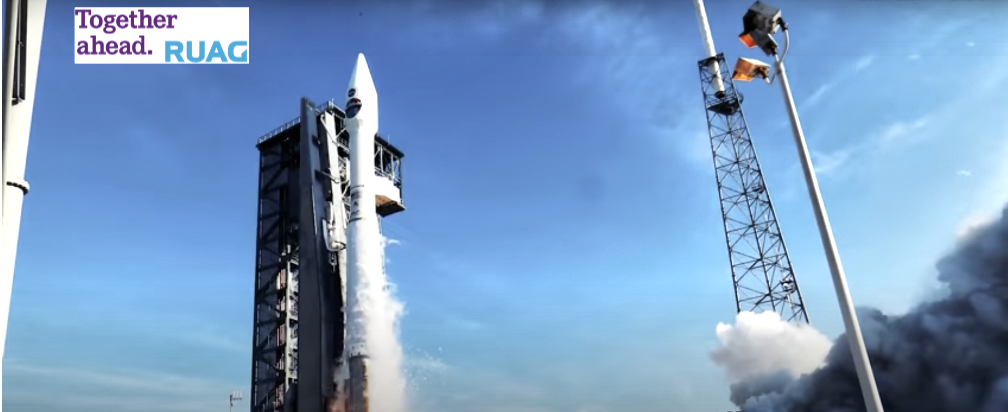
On Sunday, August 22, Paris Time, another 34 OneWeb internet satellites were separated from the Soyuz launch vehicle and placed into orbit with a dispenser from RUAG Space.
With this accomplishment, RUAG Space has now successfully placed 997 satellites into orbit, bringing the Swiss-based space supplier closer to the milestone of 1,000 satellite separations.
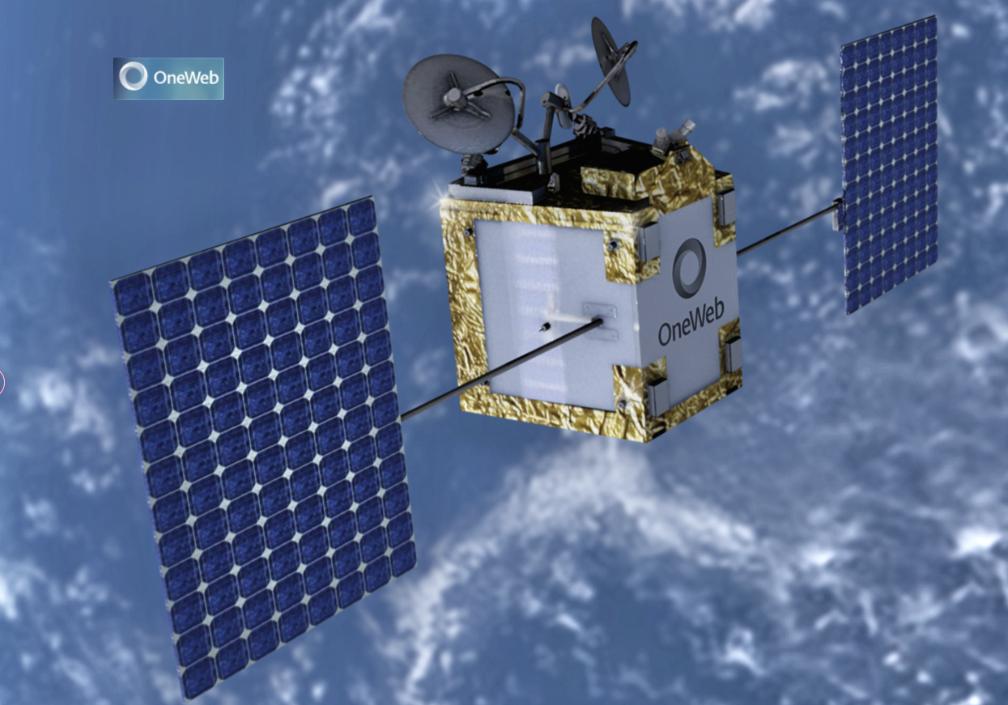
Separation systems for all large launch vehicles in the world RUAG Space is the world leader for satellite separation systems for commercial launch vehicles. “Our separation systems ensure that satellite and rocket remain securely attached to one another during the tough journey into space, and then deliver the valuable payloads into orbit with precision,” said Andreas Jonsson, the site manager in Linköping. “All 997 satellite separations have been carried out with a 100 percent success rate. They are the result of a long and trusted collaboration with NASA, the European Space Agency (ESA) and an increasingly advanced position in the commercial space industry in recent years. We are leading the commercial market and we provide all the larger launchers in the world with equipment for launching satellites in all sizes.”
“This is a huge achievement which highlights the outstanding capabilities we have in satellite separation,” said Holger Wentscher, Vice President Product Group Launchers at RUAG Space. “We meet customer expectations in extreme environment” The separation systems from RUAG Space are being produced at its site in Linköping, Sweden. The 34 OneWeb satellites were launched with a separation system on a dispenser manufactured by RUAG Space. The dispenser system makes it possible to separate multiple satellites in a specific order in order to get exactly the right orbit. For us, every separation is an exciting achievement. We can offer a 100% reliability and are able to meet customer expectations in the extreme environment of space.”
“RUAG Space has been developing and producing Payload Adapter Systems for around 40 years. A period during which we have accumulated vast experience, and supplied our products to an ever-growing number of customers,” added Jonsson. “We constantly try go get better and to develop new products. Our latest product ‘Soft Separation System’ makes our separation systems useful for the next generation satellites with better performance and lower shock.

